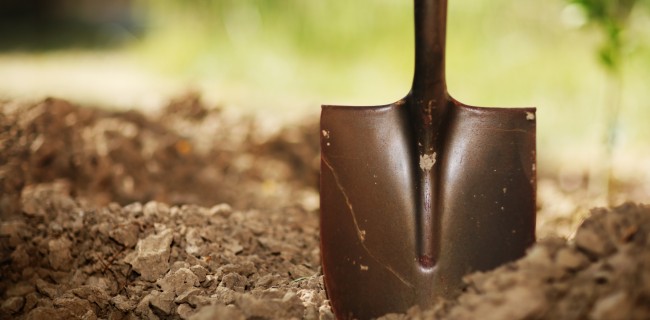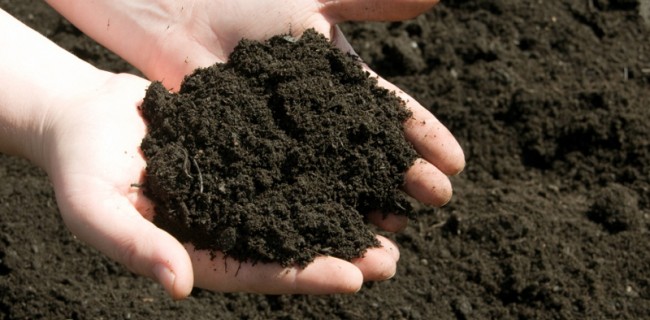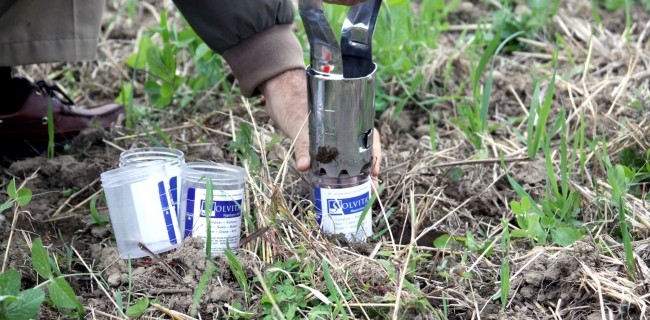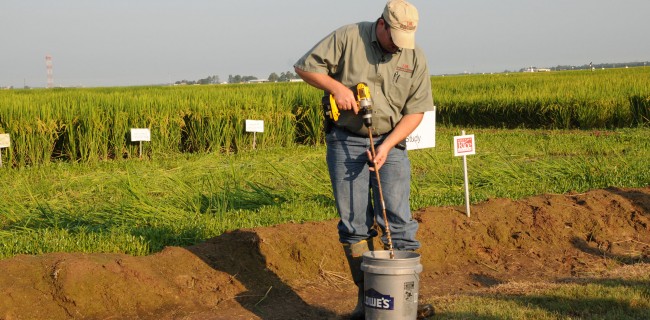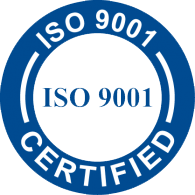Soil Testing
Soil Mechanics in 1925 was recognized as an important branch. Karl Terzaghi who wrote the book of Soil Mechanic was named as ( father of Soil Mechanics ) and he was known as founder the science of Principles Soil Mechanics.
What is soil?
In general sense of engineering, soil is defined as the un-cemented aggregate or granular material of mineral grains and decayed organic matter along with the liquid and gas that occupy the empty spaces between the solid particles. Most of the manmade structures except those which float or fly are supported by natural soil or rock deposits.
The formation of soil
Assume that a rock mass, for example, granite is on the ground. The rock mass as a result of physical and chemical factors such as the influence of temperature, atmospheric water, wind and weathering and is split into large and small parts. And after much time elapse and the impact of other natural processes, that rock mass converted to soil. The natural rate of production of soil are very low and is about 1 cm every 100 years.
Soil has three phases (state) 1- solid (soil particles) 2- liquid (water) 3- gas (air)
In engineering science, soil non-integrated mix of seeds and minerals, organic matter is decomposed by the water and the air gap between them (gasses) are occupied. Soil as a building material, is use in civil engineering major projects as well as the foundation of most structures depend on.
So civil engineers to the soil properties such as origin, aggregation, water drainage capability, subsidence, shear strength, etc. to study the bearing capacity. Soil mechanics is the branch of engineering science that studies the physical properties and behavior under load of earth's mass. Foundation Engineering, Soil Mechanics principles used in practical matters.
History soil operation can be attributed to periods of human history around it with the old one knew the origin of urbanization. Dug canals, irrigation canals, building bridges and dams and other monuments firm that works in dozens of countries around the world so far has remained a century ago, all of that is somehow associated with soil operation.
According to the study of evolution and growth of the territory with a view to engineering and mathematical analysis of its properties, the 18th century began In fact, the first time a simple yet important relationship in the field of soil mechanics, presented in 1773 by Coulomb was a French military engineer. This simple formula, which is a key relationship or lack of resistance of the soil resistance τ=c + bn tan (φ)
Boussinesq work on the theory of elastic bodies that was published in 1885 to provide precise solutions in the calculation of stresses and deformations resulting in a soil environment And the analysis is an important part of the topic Soil Mechanics, be held accountable. Modern knowledge of soil mechanics, at the beginning of this century, increasing and, like other sciences, engineering was analyzed,
So that in 1925 Karl Terzaghi, a professor at Harvard University, presented results of his research for an article in the 1943 book "Soil Mechanics theory" developed and published. Karl Terzaghi (1963-1883) referred to the founder of the science of soil mechanics. Also the contribution of Russian researchers is worthy of reminding.
The importance of soil mechanics, like other sciences is growing day by day and this is especially because past experiences in the field without expanding the adequacy of theories safer and more economical solutions does not solve new problems in practice. In addition, soil mechanics extended the discussion of issues associated with the development of new methods and perspectives in the field of mechanics of granular, Expand and improve the accuracy of mathematical analysis and modeling of both required and also to conclude.



